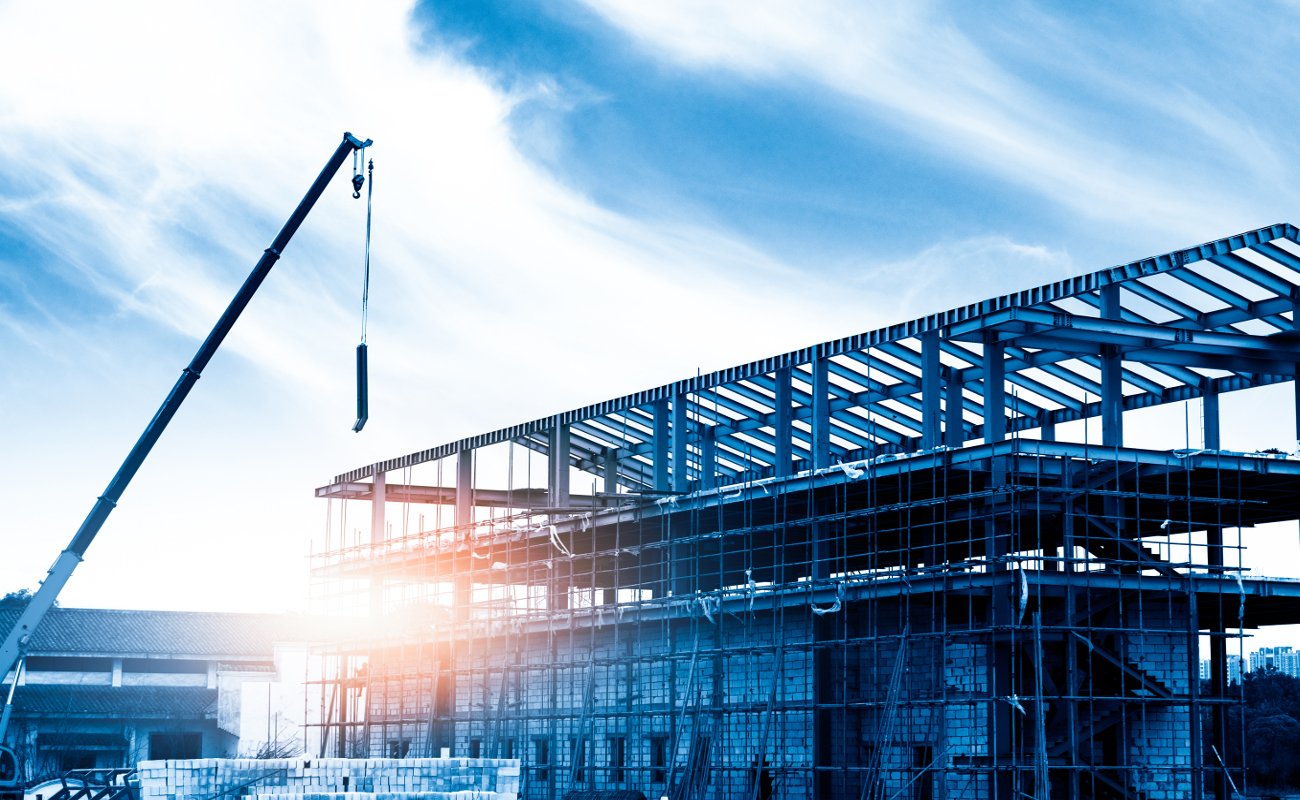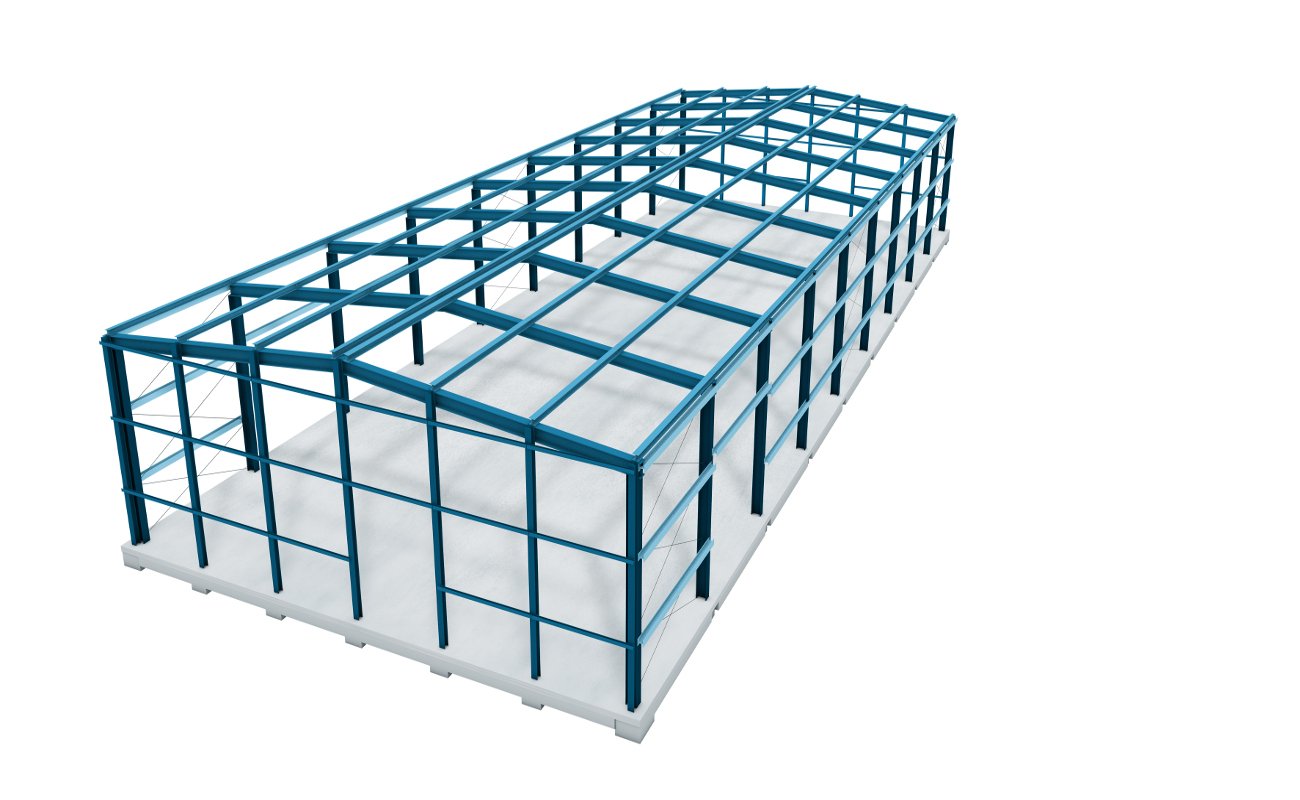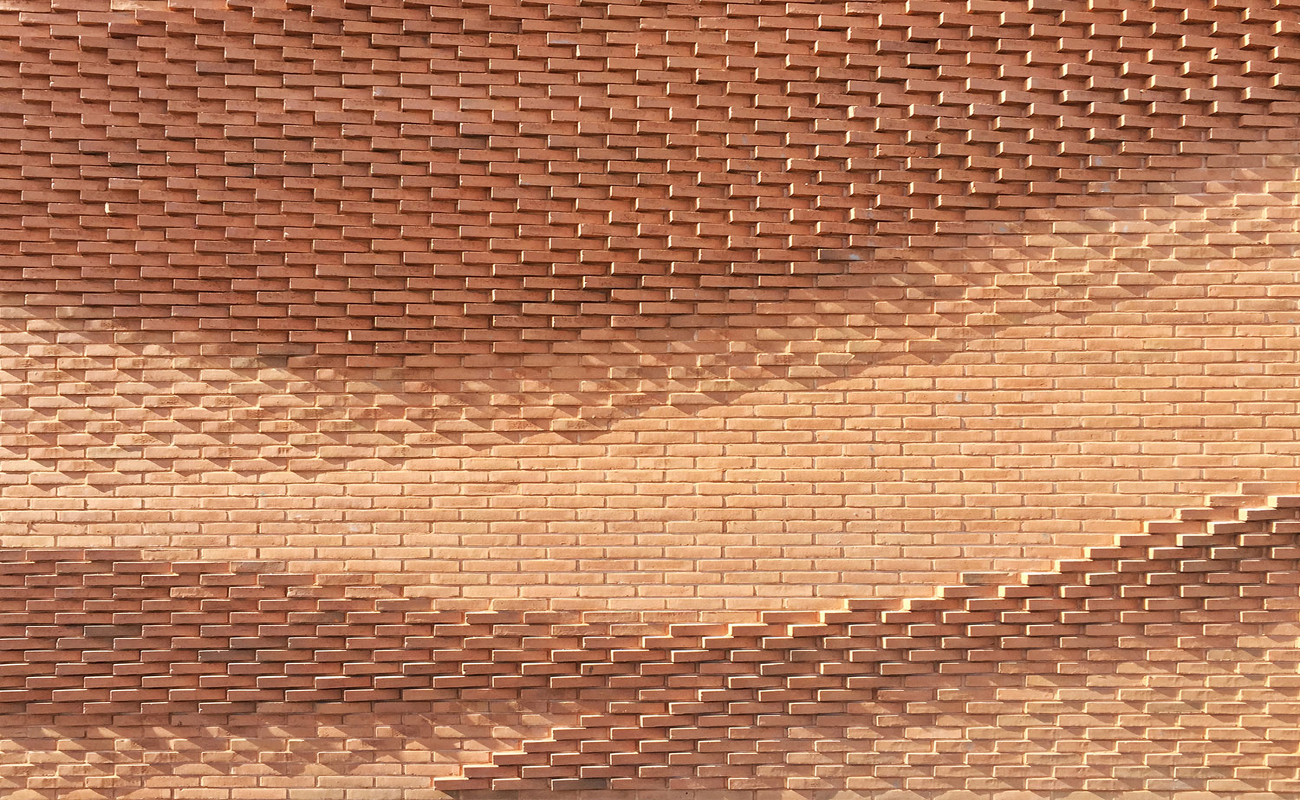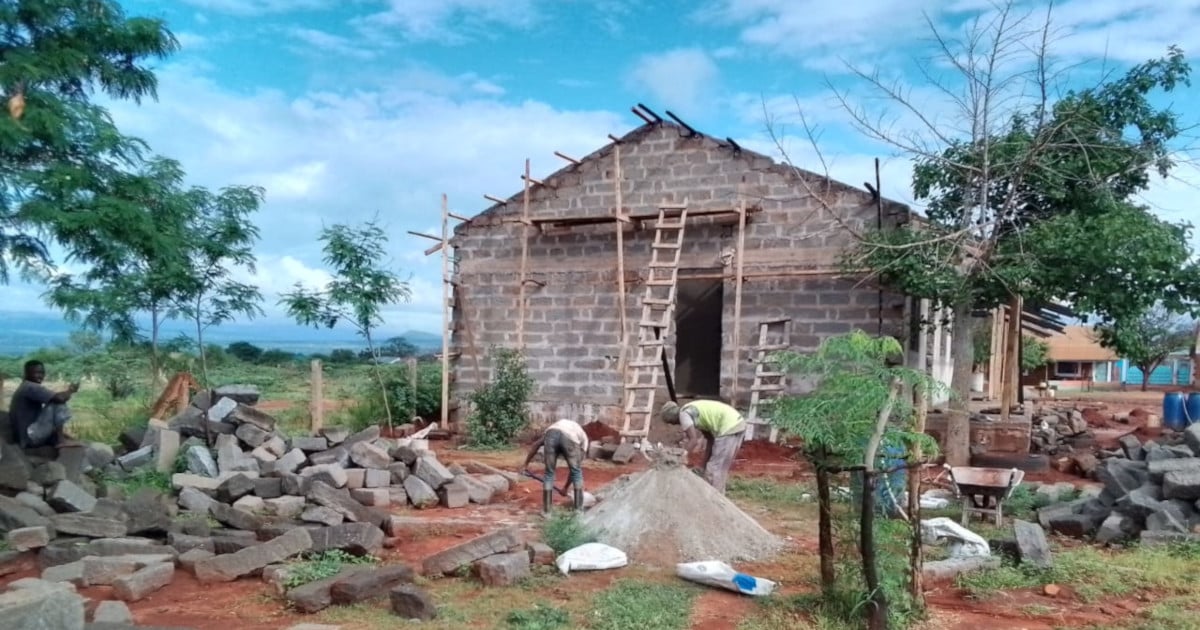Structural steel is a popular construction material, often used alongside concrete to create impressive and long-lasting buildings. Its versatility, sustainability and flexibility are some of the main reasons for its use, as well as being a very cost-effective material. With a high strength-to-weight ratio, steel can often provide a solution where other materials are unsuitable. Let’s look at some of these advantages and how they can be incorporated into the design of a building to overcome specific issues.
Flexibility and Adaptability
Long-span steel sections can be used to create large, open spaces which can be easily adapted, making them extremely flexible in terms of use. These spaces can be divided easily using temporary or flexible partition solutions and changed later with minimal cost, demolition, and disruption as the requirements of the building change. Steel also comes in varying sizes and weights that make it suitable for a wide range of uses in construction, depending on the loads involved and the desired result.
Sustainability
Steel has several environmental benefits, such as being 100% recyclable. In the UK, the estimated recovery rate of recycled steel from steel structures is 96%, and globally recycled steel accounts for 50% of new steel production. Prefabricated and highly accurate steel structures also allow for easy and waste-free assembly on site, reducing construction duration as well as the amount of materials sent to landfill.
Speed of Construction
One of the main reasons for choosing structural steel is the speed of construction, especially where disruption to nearby roads and buildings can be an issue. As steel is fabricated to exact measurements, erection is a reasonably straightforward process of joining the structural elements together on site. By minimizing the impact on the local area and speeding up the construction process, many cost savings can be realized.
Reaping the Benefits of Steel
This does not mean that structural steel is always the best material for every situation, but by understanding the benefits of steel we can make best use of it, where appropriate. All buildings are a combination of many different materials and choosing the best material for the job can make the difference in winning the contract on cost, finishing the construction on time, providing a fit for purpose building, and reducing the environmental impact.
Enhanced Structural Steel Modeling Tools
With these factors in mind, ALLPLAN has focused on providing dedicated structural steel modeling tools and detailing support. Featuring new structural elements for columns and beams, steel elements can be modeled more quickly and accurately, for precise designs. When used alongside our Nemetschek Profile Catalogue, structural steel components with the correct attributes and profiles can be added into your model, saving valuable design time.
These features mean that simple steel structures for conceptual designs can be modeled easier, quicker, and more accurately. The added benefit of reliable data transfer enables structural designs to be created from the model without difficulty . And should the design change, structural steel elements are simple to update or relocate without the need for remodeling. Quantifying and costing steel elements are also straightforward operations using the built-in reporting tools. Simply put, creating steel structures has never been easier than with the new tools in Allplan 2020. To see how much time and effort you could save with Allplan 2020, download a free 30-day trial.










